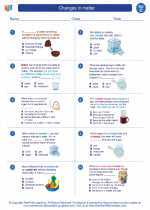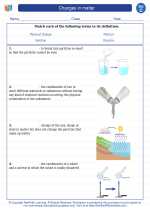Cellular Signaling
Cellular signaling, also known as cell signaling, is the process by which cells communicate with each other to coordinate their activities. This communication is essential for the proper functioning of multicellular organisms and is responsible for various physiological processes such as growth, development, immune response, and homeostasis.
Types of Cellular Signaling
There are several types of cellular signaling, including:
- Endocrine Signaling: Involves the release of signaling molecules (hormones) into the bloodstream to act on distant target cells.
- Paracrine Signaling: Involves the release of signaling molecules that act on nearby cells.
- Autocrine Signaling: Involves cells responding to signaling molecules that they themselves produce.
- Neuronal Signaling: Involves the release of neurotransmitters by neurons to communicate with target cells (neurons, muscle cells, or glands).
Components of Cellular Signaling
Cellular signaling involves several key components, including:
- Signaling Molecules: These are the molecules (e.g., hormones, neurotransmitters) that are released by signaling cells to communicate with target cells.
- Receptors: These are proteins located on the surface or inside the target cells that bind to specific signaling molecules, initiating a cellular response.
- Intracellular Signaling Pathways: These are the series of chemical reactions that are triggered inside the target cell upon binding of the signaling molecule to its receptor.
- Cellular Responses: These are the specific changes that occur in the target cell as a result of the signaling pathway activation, which can include changes in gene expression, cell metabolism, or cell behavior.
Study Guide
Here are some key points to remember when studying cellular signaling:
- Understand the different types of cellular signaling and their respective modes of action.
- Learn about specific examples of signaling molecules and their roles in the body.
- Study the structure and function of cell surface receptors and intracellular signaling proteins.
- Explore the various cellular responses that can be triggered by signaling pathways.
- Practice identifying and explaining signaling pathways in specific physiological processes or diseases.
Additionally, it's important to understand the significance of cellular signaling in maintaining overall health and how dysregulation of signaling pathways can contribute to various diseases.
By mastering the concepts of cellular signaling, you'll gain a deeper understanding of how cells communicate and coordinate their activities to ensure proper functioning of the body.
.◂Science Worksheets and Study Guides Third Grade. Changes in matter

 Worksheet/Answer key
Worksheet/Answer key
 Worksheet/Answer key
Worksheet/Answer key
 Worksheet/Answer key
Worksheet/Answer key
 Vocabulary/Answer key
Vocabulary/Answer key
